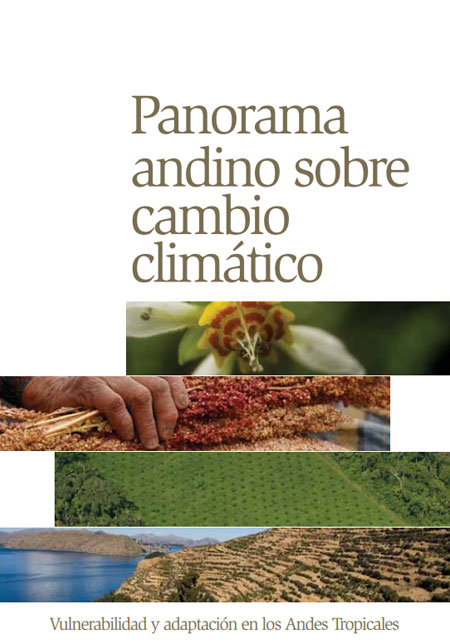In the northern part of the Ecuadorian Andes, people are not profiting from the benefits that biological diversity may yield, and highland ecosystems continue to be deforested. At present, this trend is not likely to change due to a regional economy driven by an intensive potato–dairy production system. In highly populated areas, only few remnants of the uppermost forests, the ceja andina (a type of sub-alpine montane cloud forest), survive. Due to the implicit spatial relationship between the agricultural zone and the remaining forest area, and the disconnectedness of the rural population to the forest, a change in attitude is required toward more sustainable agricultural production systems and use of biodiversity if forest conservation is to be achieved. This chapter describes and evaluates the change in attitude of a wide range of stakeholders with respect to alternative production systems and forest conservation. Endogenous learning processes were facilitated within farmer communities through the establishment of learning centers in which two participatory learning and research methodologies were applied. The two methods resulted in acceptable participation and adoption by local farmers. Results showed a visible change toward less contaminating and more diverse production systems and the formation of institutionalized commercialization of organic produce and non-timber forest products. Local government-led inter-institutional and social learning processes were also facilitated. The process has been successful in one municipality where decision-makers and municipal staff showed high motivation and increased technical capacity, but not in another municipality where such capacity was lacking.




